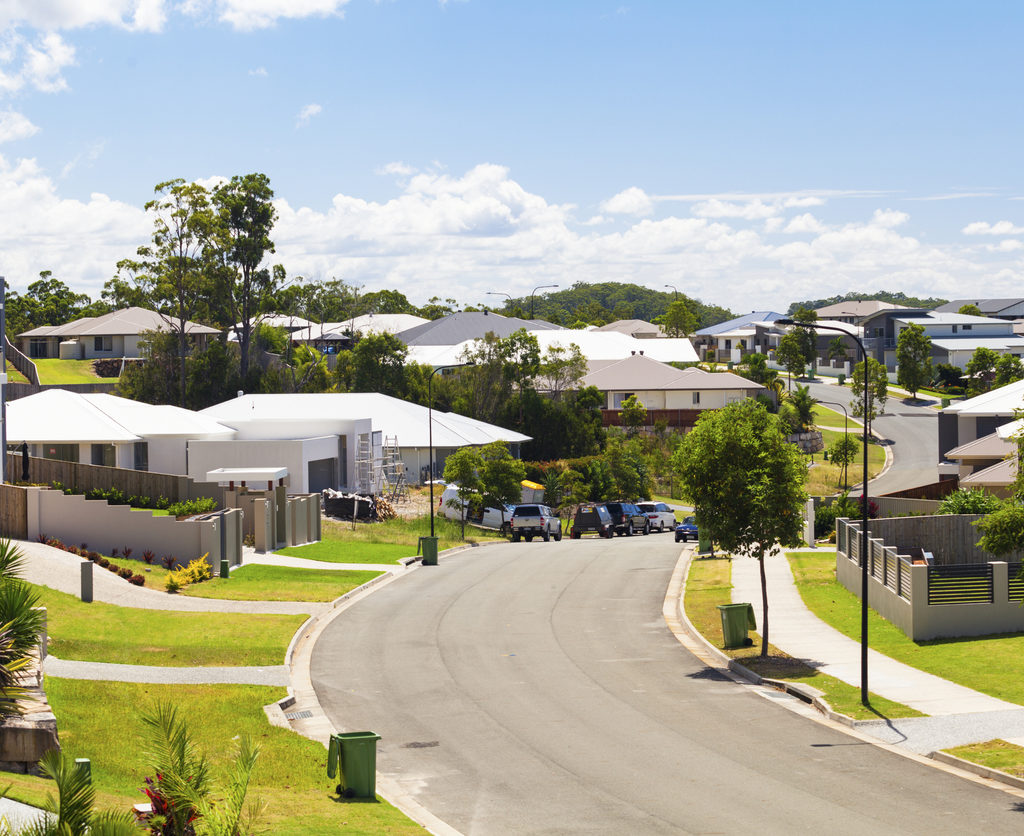Reviews: Homesick: Why I Live in a Shed by Catrina Davies and This Land is Our Land by Jedediah Purdy
My family and I occasionally holiday at a quaint coastal town which has many retirees but also many short-term rental properties for the holiday market and beach houses that are vacant for much of the year. Back in the city where I live, at the same time, I have noticed in the past ten years a marked increase in visible homelessness as cheap accommodation becomes scarcer.
In Homesick Catrina Davies links these two phenomena. She describes how she found herself, in her words, somewhat lost and without a safety net, battling personal demons and dealing with family issues, and finding herself unable to pay for increasingly cramped and unsuitable housing. Her father owned a small (dilapidated) shed in the countryside in Cornwall (UK), which he had previously used as an architecture studio, and Davies decided to live there and tidy it up – squatting, in a way, even though it was her father’s shed, so the only illegality was in the view of the council, not the owner.
Davies lives in fear of being found out and thinks it unfortunate that although we know the dangers of homelessness, in her case the dreaded bureaucrats would turn her out of her shed, given half the chance. This may be slightly unfair to governments that try to protect residents from substandard housing and unscrupulous landlords. If shed-inhabiting was rampant, we would complain about slums. But we get what she means. It’s the old story of forcing the homeless to move so they become somebody else’s problem. It would be good if the homeless had alternatives. Davies puts her situation in the context of the fact that in the past 30 years ten per cent of British public land has been sold off, by governments of various political persuasions. There are less options for people doing it tough, with bigger barriers to owning or even renting affordable houses. In the UK the limited rights that squatters once had have been removed.
Simultaneously, the ownership of multiple properties has become easier for those with wealth to start with. (Things are similar in Australia.) In the seaside town in Cornwall where she lives, wealthy outsiders own second houses as investments or just as part of an affluent, accumulative lifestyle, pricing out locals.
Living in a shed, she says, is not a cop-out or romantic, but, rather, the last option in an unsound (read: unjust) economic system. And injustice piles on top of injustice. She is robbed but doesn’t have insurance – she can’t get any because she doesn’t live in a ‘proper’ house. And yet she also has pride in her ‘home’, a word weighed down or perhaps filled with meaning. Having a home is fundamental to self-worth, not to mention a base from which to contribute to community. In a mixed but still nice metaphor she says that we need roots before we can sprout wings. Taking inspiration from Henry David Thoreau and his cabin in the woods, she is also an advocate for appreciating having only a little, as in the tiny house movement, which is a necessary corrective to the spiritual degradation that comes with hoarding riches, as well as the environmental degradation.
Jedediah Purdy, too, is inspired by Thoreau, and makes similar arguments, but on a larger scale, about home and inequality in his short, hopeful jeremiad (or perhaps that should be ‘jedediad’, considering the author’s name is Jedediah) This Land is Our Land. Like Davies, he asks what we do about inequality, which is inextricably linked to the ecological health of the planet.
He argues, first, that ideas matter, and in order to combat the prevalent atmosphere of cynical self-interest and sheer lies we need an alternative story that can reshape our economy into one that is oriented towards the future ecological health of the planet rather than short term profit, and individuals flourishing through community rather than at the expense of other individuals. This is something we must do; the only other option, he writes, is just waiting for the end of the world.
It is tempting, he says, to talk about pie-in-the-sky global movements in order to do this, but any hope for global change must begin, as the saying goes, with action at the local level, grounded in communities and attuned to the complex realities, which is why his book centres on Appalachia, where he hails from, and where coal mining has destroyed 10,000 square kilometres, levelling whole mountains and burying headwaters. He understands why, despite this, people might argue against, and vote against, environmental sustainability. He notes that in Appalachia there are conflicting ideas of how the land best serves the community, and he understands the tendency to favour the shorter over the longer term, jobs over wilderness. His book is an exercise in thinking about an alternative, longer-term vision that never-the-less takes into account both the land and those who live and work on it.
Purdy quotes the old metaphor from the environmental movement (which, I note, used to be known as the conservation movement, a name which might encapsulate more of what Purdy is on about), ‘we all live downstream’ (which sometimes applies literally). In communities, even globally, what we do affects others. We all know this, says Purdy, but the challenge is to have this interconnectivity lead to better care for each other and the natural world, rather than ‘the age-old scramble for safety on high ground, where no one can reach you’.
Nick Mattiske blogs on books at coburgreviewofbooks.wordpress.com













